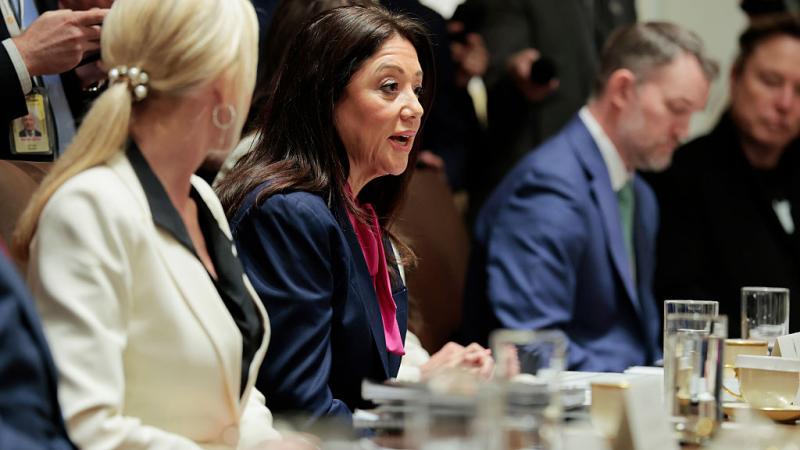Supreme Court reins in federal administrative state in major EPA, SEC cases
States that challenged the EPA plan said agency had taken a “dictatorial approach.”
The Supreme Court reined in the federal administrative state in two major cases Thursday, declaring the SEC could not deprive securities fraud defendants of a jury trial and the EPA could not impose new pollution roles without congressional blessing.
In the case related to the Security and Exchange Commission, whose primary mission is to protect the investment markets and its investors, the high court stripped the federal agency of a major tool in fighting securities fraud, according to the Associated Press.
The justices in a 6-3 ruling said people accused of fraud by the SEC have the right to a jury trial in federal court.
The in-house proceedings the SEC has used in some civil fraud complaints violate the Constitution, the court also said, the wire service also reports.
In the case regarding the Environmental Protection Agency, the court temporarily blocked the federal agency's “Good Neighbor Plan," drafted to ensure compliance with the 2015 Ozone National Ambient Air Quality Standards law.
In a 5-to-4 vote, the court ruled that the emissions-reductions standards set by the plan were likely to cause “irreparable harm” to almost half the states unless the court halted the rule pending further review by the U.S. Court of Appeals for the District of Columbia, according to National Public Radio.
To fulfill the law’s mandate, the EPA required “upwind” states to reduce air pollution affecting “downwind” states. States are first given the opportunity to create a plan that complies with agency’s ozone guidelines. But if a state fails to submit an adequate plan, the agency then designs a compliance plan for the state.
The EPA last year determined 23 states had not provided sufficient plans, then decided to implement its own emissions-control program for them
Ohio and several other states along with large industrial companies, and trade associations, challenged the EPA plan in court, arguing the the agency’s “dictatorial approach” failed to adequately consider the legal and practical implications of substituting its own plan for the state plans, NPR also reports.
















